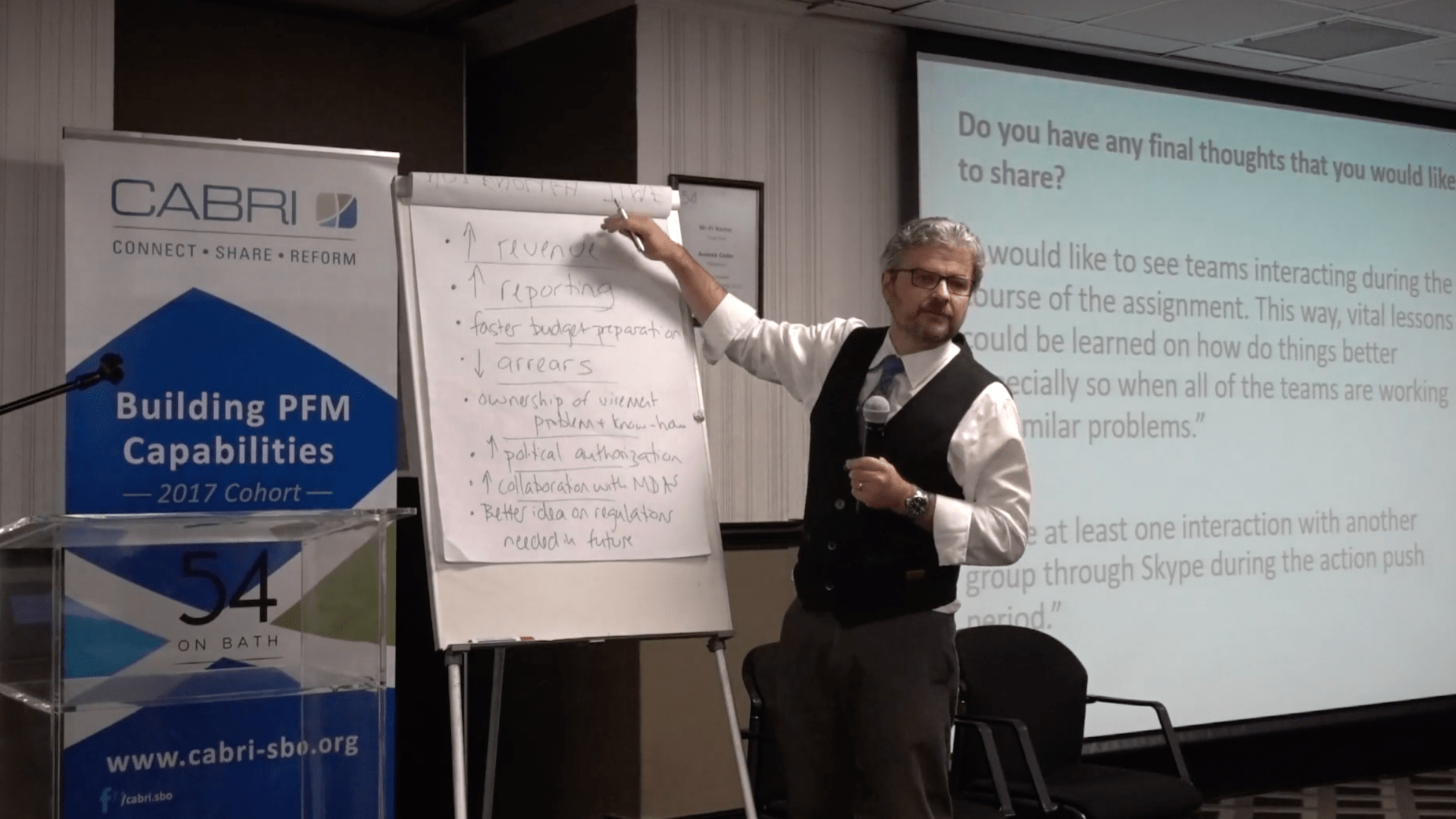Problem Driven Iterative Adaptation (PDIA) is a learning by doing approach that helps organizations develop the capability to solve complex problems while they are actually solving such problems.
PDIA Principles
The PDIA approach rests on four principles:
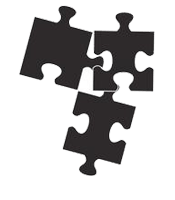
Local Solutions for Local Problems
Transitioning from promoting predetermined solutions to allowing the local nomination, articulation, and prioritization of concrete problems to be solved.
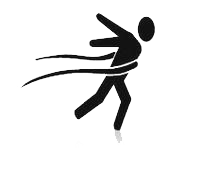
Pushing Problem Driven Positive Deviance
Creating (and protecting) environments within and across organizations that encourage experimentation and positive deviance.
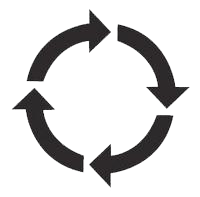
Try, Learn, Iterate, Adapt
Promoting active experiential (and experimental) learning with evidence-driven feedback built into regular management that allows for real-time adaptation.
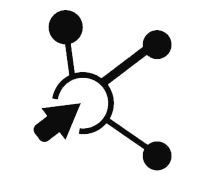
Scale Through Difusion
Engaging multiple agents across sectors and organizations to ensure reforms are viable, legitimate and relevant.
PDIA Process & Approach
PDIA is a dynamic process with tight feedback loops that allows organizations to build their own solutions that fit their local context. It empowers action, facilitates the emergence of local solutions, and creates new capabilities to solve problems.
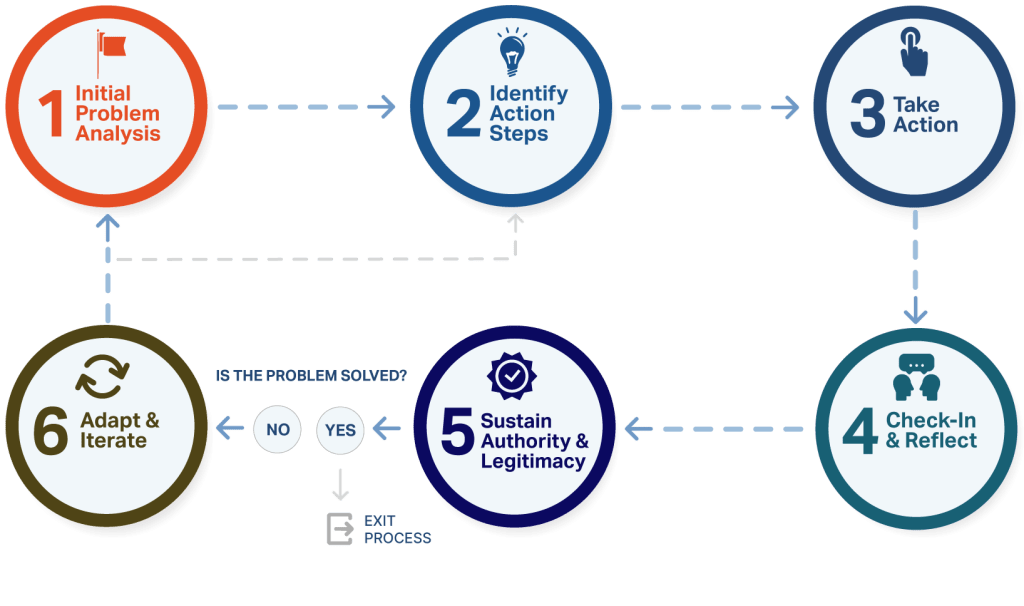
1 Initial Problem Analysis
Constructing, deconstructing, and sequencing your problem.
More About Problem Analysis
The problem construction and deconstruction process in PDIA: mobilizes local talent, fosters broader conversations, engages authorizers, and contextualizes policy. See sections 1-3 of the PDIA Toolkit for more details.
2 Identify Action Steps
What can we do first to start solving the problem?
More About Identifying Actions Steps
Answers to complex problems must emerge through active iteration, experimentation, and learning. Crawling the design space helps you look for and experiment with multiple alternative solutions. See section 4 of the PDIA Toolkit for more details.
3 Take Action
Local agents take action and are held accountable.
More About Taking Action
Designing your first iteration is a key step in doing PDIA where multiple ideas are identified and put into action, iterative steps progressively allow locally legitimate solutions to emerge, and fosters adaptation to the idiosyncrasies of the local context. See section 6 of the PDIA Toolkit for more details.
4 Check-In
Reflect on action taken. What results were achieved? Lessons learned? Challenges encountered? How were they overcome?
More About Problem Analysis
The idea of iterating around specific steps instead of taking big jumps is so we can stop and learn from our experiences.
Check-in points offer opportunities to ask what was learned as we tried to address the challenge, and especially to learn new/tacit knowledge. See section 7 of the PDIA Toolkit for more details.
5 Sustain Authority & Legitimacy
Communicate quick wins and lessons to sustain and expand existing support.
More About Identifying Actions Steps
Authorizing environments are commonly fragmented, and difficult to navigate.
Authority needs to be treated as a variable and not as something fixed. It is dynamic and with well-structured strategies, it can be influential in expanding your change space. See section 5 of the PDIA Toolkit for more details.
6 Adapt & Iterate
Based on lessons learned adapt potential solution designs and iterate.
More About Identifying Actions Steps
Each iteration has five dimensions: (i) it is time-bound (with short check-in periods), in which (ii) you and your team identifies multiple ideas, (iii) act upon the ideas, (iv) stop to take stock of your experience and test the validity of your assumptions in specific contexts, and (v) revise your ideas to try again.





